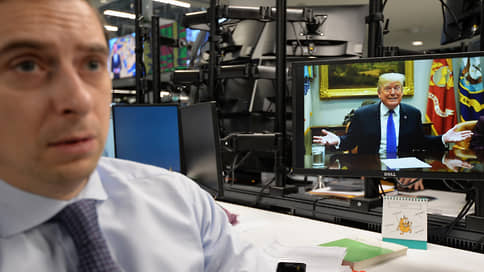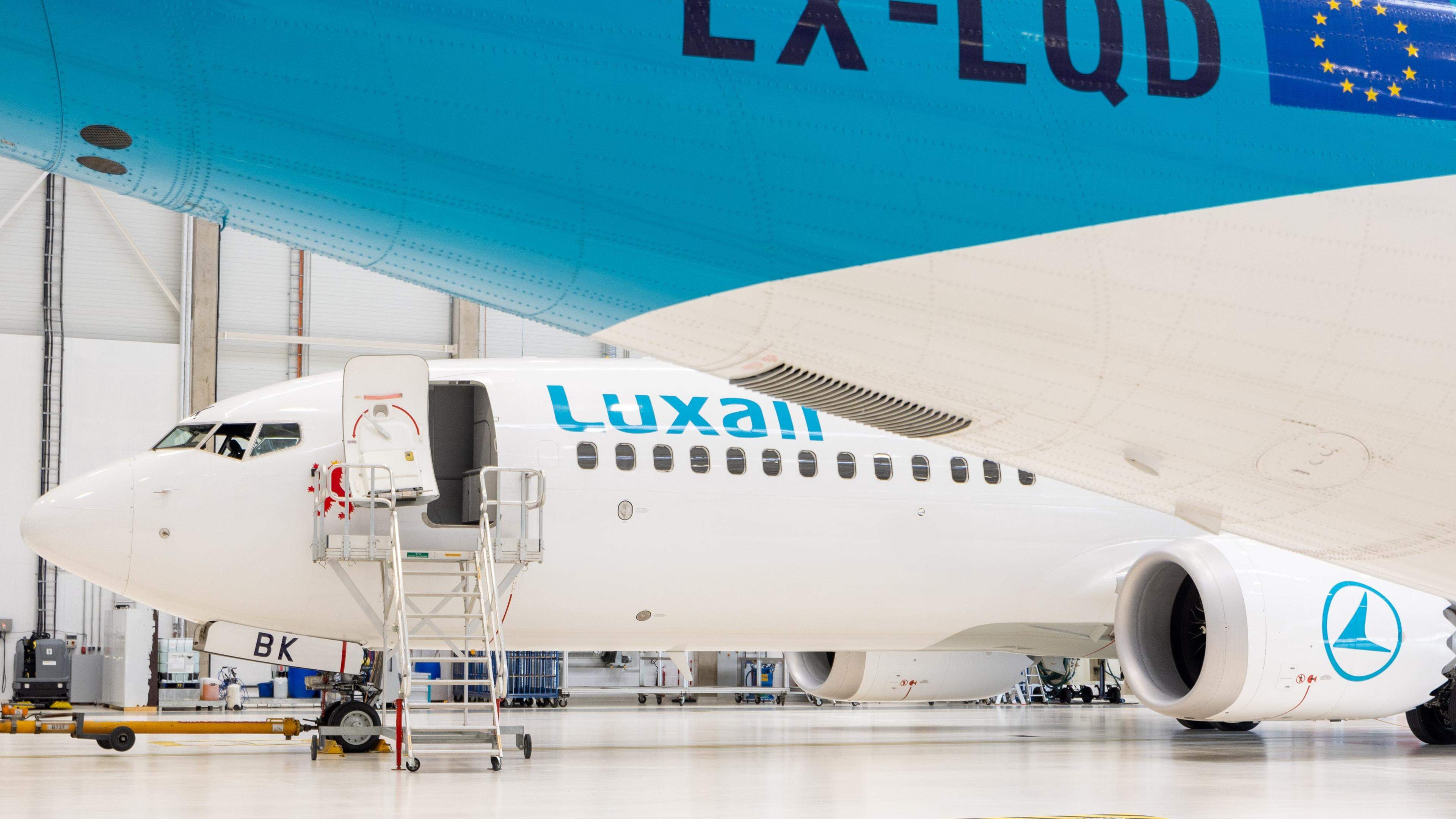Investors began to curtail investments in Chinese funds

International investors strengthened the withdrawal of funds from the markets of developing countries. According to Emerging Portfolio Fund Research (EPFR), a net outflow of investment amounted to $ 3.3 billion in a week, which is ten times higher than a week earlier. Global investors sell shares of Chinese companies amid insufficient measures to support the economy from local authorities. At the same time, the demand for funds of American shares that became the main beneficiaries of the US and China’s agreements on a trade transaction has grown.
According to the report of Bank of America (BOFA, takes into account EPFR data), according to the results of the week ending on May 14, the net outflow of customer funds from the Emerging Markets shares amounted to $ 3.3 billion. This is ten times more than a week earlier and the worst result since the end of February. At the same time, since the beginning of the year, the result of such funds is still a positive, pure influx of $ 1.7 billion. Talk about the total drop in interest in the markets of developing countries prematurely, since the entire outflow of funds came to China funds. According to EPFR, customers of such funds took a little more than $ 3.3 billion in a week, which is almost three times higher than losses a week earlier. Over the three weeks of continuous withdrawal of funds, the Chinese stock market lost about $ 8 billion in the form of outlets. The rest of the BRIC funds mainly increased investments, in the horizon of three weeks it was invested in the amount of $ 844 million, Brazil – $ 744 million.
Strengthening the flight from the Chinese funds occurred, despite the conclusion of a trade transaction between Beijing and Washington.
On May 12, US President Donald Trump announced a temporary reduction in mutual duties. According to the agreements of the parties, for a period of 90 days, the United States will reduce duties for Chinese goods from 145% to 30%, and China to American – from 125% to 10%. The discharge in the trade war with the United States removed the key external risk and shifted the focus of investors on the internal agenda. And there everything is too ambiguous: the real economy slows down the growth rate, capital expenses are not growing, consumption stagnates, the unemployment rate among the youth remains high, and the restructuring of developers skills. “Therefore, investors began to be born, not out of fear, but disappointed in their own expectations,” said Astero Falcon Astero Falcon.
As part of the investment rotation, part of the funds could be reinvested in the funds of American shares. In the reporting period, customers of such funds invested $ 19.2 billion, which is more than twice as high as the amount of funds bred a week earlier, and the first result with a plus sign from the beginning of April. This influx, according to Alena Nikolaeva, is still not a full-fledged Risk-on, but rather rational rotation, such an escape to understandable liquidity. Add attractiveness to such investments and fresh statdous in inflation in the country. According to the US Department of Labor last Tuesday, consumer prices (CPI) in April increased by 2.3% relative to the same month of last year. Thus, the growth rate of consumer prices has slowed down to minimal levels since February 2021. “Inflation is reduced faster than analysts, which can speed up the rate of reduction in interest rates by the federal reserve system,” said Dmitry Khomyakov, head of the confidence department of the KSP Capital UA.
Investors are of interest in the funds of Europe and Japan.
At the end of the week, their clients attracted $ 2.7 billion and $ 1.3 billion, respectively. “Europe gives some semblance of protection against the US -China conflict, more stable on the political front, cheaper in multipliers plus high dividends,” Ms. Nikolaeva notes.
A decrease in the risks of the trade war had a positive but limited impact on the Russian stock market. After the growth of the Moscow Exchange index at the beginning of last week, by 2.8%, to 2930 points, according to its results, it closed at a mark of 2840.34 points, losing about 0.4%per week. “The US trade transactions with Great Britain and especially with China led to stabilization of oil prices and thus supported the Russian stock market a little, but the main factor affecting the shares of the Russian Federation remains geopolitics, the volatile news on which lead to significant fluctuations in quotations,” said Sergey Suverov, strategist of Aricapital.





:format(webp)/s3/static.nrc.nl/wp-content/uploads/2025/05/18140148/data132354151-8ab1a1.jpg)

